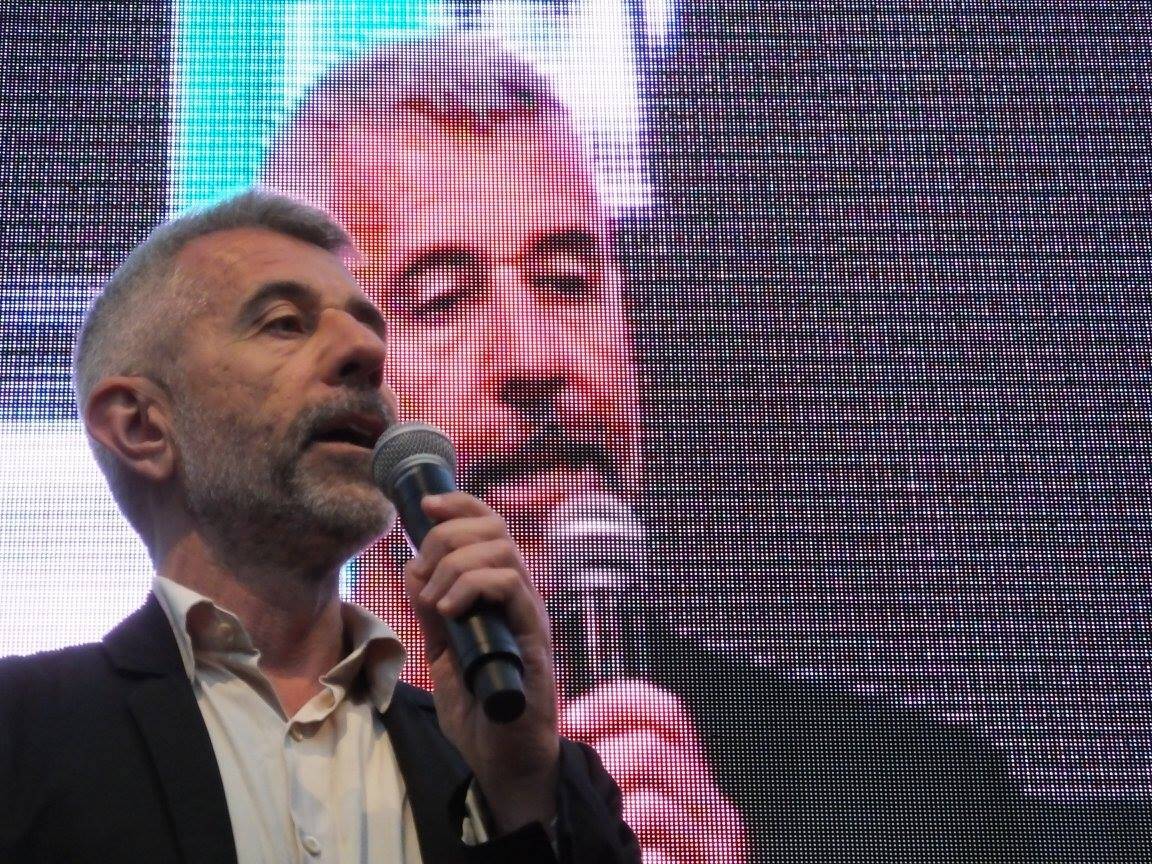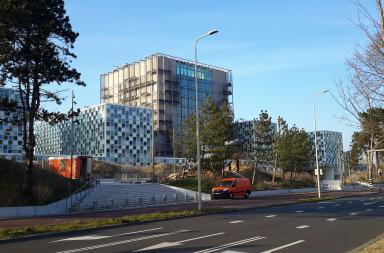This post is also available in:  Italiano (Italian)
Italiano (Italian)
 Last March, Philippines President Rodrigo Duterte announced that his country will withdraw from the International Criminal Court (ICC) due to a preliminary investigation by Prosecutor Fatou Bensouda about widespread and systematic violations of human rights carried in the Philippine Archipelago under the pretext of a “war on drugs”.
Last March, Philippines President Rodrigo Duterte announced that his country will withdraw from the International Criminal Court (ICC) due to a preliminary investigation by Prosecutor Fatou Bensouda about widespread and systematic violations of human rights carried in the Philippine Archipelago under the pretext of a “war on drugs”.
According to several reports by International media outlets and non-governmental organizations, since summer 2016 Duterte has ordered directly or indirectly the killing and disappearance of over 12,000 people, in addition to tens of thousands of intimidation, arbitrary arrests and abuses against Philippine citizens. The ICC Statute considers such conduct as “crimes against humanity”.
In the last 10 years, other countries threatened to withdraw from the ICC due to various investigations against their own highest-ranking officials. While such threats have never materialized, Duterte seems instead glued to his stubborn position. However, even in the worst case scenario, for the next twelve months the Philippines will not be able to escape the ICC operational jurisdiction.
Indeed, in late 1980s the President of Trinidad and Tobago, Arthur Robinson, pressed the UN for establishing a criminal jurisdiction on transnational crimes carried by individuals. Such initiative was mostly aimed at stopping corruption and violence spread in the Caribbean by drug traffickers controlling the cocaine route from Colombia to North-America.
While defining the ICC Rome Statute in 1998 (a multilateral treaty which serves as the its foundational and governing document), drug trafficking was specifically excluded from the ICC jurisdiction also due to the nomination in 1997 of Prof. Pino Arlacchi as UN Executive Director of the Office for Drug Control and Crime Prevention. His main strategy to eliminate drugs from the face of the earth was just based on a forced eradication of coca and poppy fields.Therefore, since its inception the ICC has never investigated people or crimes somehow related to drug trafficking.
Today about 30 UN member States carry the death penalty for drug traffickers, and a dozen of them systematically kill hundreds of people under such laws, in some cases for merely possessing illicit drugs. In recent years the campaigns for the abolition of death penalty have also exposed the brutality of this ‘drug war’ to support a cancellation or suspension of capital punishment from National criminal codes and constitutions. The Philippines abolished the death penalty in 1987 following the deposition of dictator Marcos, but adding a provision that it could be reintroduced only for very serious crimes. According to President Rodrigo Duterte, now whoever deals with drugs must undergo such most severe punishment: death.
At the recent UN Commission on Narcotic Drugs in Vienna (CND2018), representatives from ForumDroghe, DRCNet and the Luca Coscioni Association coordinated a debate with Philippine Senator Antonio Trillanes denouncing Duterte drug war strategy. Trillanes accused his President of wanting to punish large sections of the population just to hide lawmakers and government responsibilities in addressing the International drug trafficking. The night before giving his speech, Trillanes was formally accused of sedition and he’s now free on bail. Since returning to Manila he is strongly advocating against the withdrawal of the Philippines from the ICC, underlining that the ICC Statute actually summarizes decades of struggles against people’s impunity.
An investigation against the Philippines President for his alleged crimes committed in the name of the “war on drugs” is long overdue. A possible conviction would also highlight the fundamental importance of International bodies and their rule of law – while exposing the worldwide failure of drug prohibition policies.




